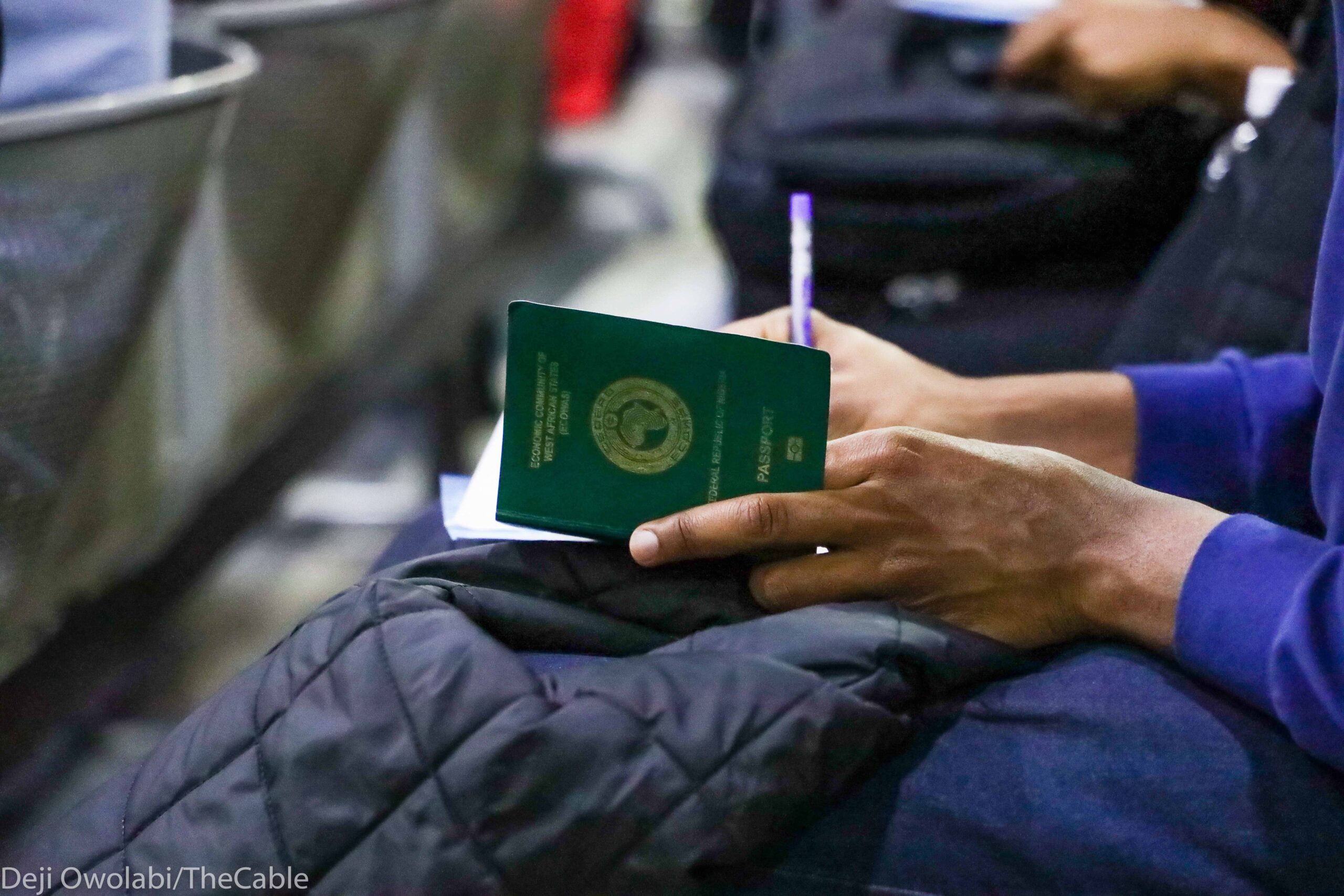BY OLUSEGUN AKINFENWA
The United Kingdom remains a top destination for international students, drawing academic talent from different countries across the globe. The Nigerian student population is one community significantly impacting this area. The year ending in June 2023 saw a staggering 73% year-on-year increase in sponsored UK study visas granted to Nigerian nationals.
However, with this influx comes an array of challenges — most prominently, the financial strain exacerbated by the UK’s high cost of living and the devaluation of the Nigerian naira. Despite these difficulties, compliance with visa regulations, specifically the 20-hour work limit during term time, is imperative. The UK is known for its excellent educational institutions, cutting-edge research facilities, and diverse student body. These factors contribute to its allure for Nigerian students. However, this attraction does not come without its costs, literally.
A TWO-FOLD FINANCIAL BURDEN
Advertisement
For Nigerian students, the financial burden is two-fold. On one hand, the average yearly cost for an undergraduate course in the UK hovers around £22,000, with postgraduate courses only slightly less expensive at about £17,000 annually. On the other hand, monthly living expenses can range between £900 to £1,400, depending on the city. This, coupled with the recent devaluation of the naira, has created unprecedented financial pressures that most current Nigerian students did not envisage.
Ellie Gomersall, NUS Scotland President, puts it succinctly: “In the worst cost-of-living crisis seen in decades, many students need to work more than this simply to be able to afford to eat and pay rent.” But how can you resolve this pressing issue without falling into the trap of overworking?
THE DANGEROUS LURE OF OVERWORKING
Advertisement
Under the leadership of Prime Minister Rishi Sunak, the UK government has aggressively enforced stricter labour and border policies. Officials now make unscheduled visits to commercial premises like car washes, barber shops, and restaurants. In one operation covering 159 premises, the Home Office arrested 105 individuals, signifying an unwavering commitment to stringent immigration controls. Home Secretary Suella Braverman reinstated that illegal work “harms our communities, cheats honest workers, and defrauds the public purse”. Thus, the climate is one of enhanced scrutiny, making compliance with visa rules more critical than ever.
It is essential to understand the emotional and psychological toll of detention on students. A chilling example is Muhammad Rauf Waris, a postgraduate student of the University of Stirling who has been held for weeks at the Dungavel Immigration Removal Centre in Scotland after being accused of working more than 20 hours per week. His physical and mental health has reportedly declined significantly, exacerbated by the absence of an option for bail. Detention centres are notoriously distressing environments, and students could be subjected to this traumatic experience for merely exceeding their weekly work limit.
THINK LONG TERM
John Cahill from the Immigration Advice Service (IAS) advises: “It’s really important for students to be aware of the long-term ramifications of illegal working and working beyond their permitted hours. Being found to have been in breach of immigration laws can have profound negative effects not only on existing leave to remain but also on future applications under the General Grounds for Refusal provisions.”
Advertisement
Understanding the specific types of work allowed and the documentation required is crucial. The rules are relaxed during vacation periods, but this relaxation is contingent upon course-specific terms and vacation dates. If uncertain about these nuances, international students should consult with appropriate bodies in their university community or immigration and legal experts.
“From the students’ perspective, they have to think carefully not only about the effect such a breach might have on their ability to complete their studies in the UK but also on their long-term career goals and their ability to progress after the completion of their studies to the Graduate Visa Route or other work routes such as the Skilled Worker Route.”
THE PERILOUS COST OF NON-COMPLIANCE
The financial struggle is genuine for Nigerian students in the UK, but the guidelines exist for a reason. Breaching them not only jeopardises their current academic endeavours but potentially derails future career opportunities. Information is power. It is important to stay current on relevant immigration, labour and financial news from conventional and digital media. Additionally, they should keep an eye on exchange rate fluctuations, as the naira devaluation could suddenly escalate their living expenses, tempting them to overwork.
Advertisement
As they navigate this intricate labyrinth of rules and financial strain, it is important to remember that compliance isn’t merely a bureaucratic necessity; it’s an essential step towards preserving their educational and career aspirations.
Akinfenwa writes for the Immigration Advice Service, a leading UK law firm specialising in immigration and asylum law.
Advertisement
Add a comment






